With just one week before Irish voters head to the polls to decide if their nation will become the first to embrace marriage equality by a popular vote, one of the country's foremost television journalists has come out as a lesbian.
Ursula Halligan, Dublin-based TV3's political editor, came out in a heartfelt commentary in today's edition of the Irish Times. The piece is both political commentary and a personal saga of how Halligan struggled for years to free herself from the pain and repression that came with being a "good Catholic girl" in the 1960s and '70s, when the Catholic Church all but ruled the Emerald Isle.
"So when I fell in love with a girl in my class in school, I was terrified," Halligan writes. "Rummaging around in the attic a few weeks ago, an old diary brought me right back to December 20th, 1977."
The journalist, who says she is still a good Catholic girl, has come a long way since 1977, as demonstrated by the dark, youthful journal entry she shared with Times readers:
"These past few months must have been the darkest and gloomiest I have ever experienced in my entire life. ... There have been times when I have even thought about death, of escaping from this world, of sleeping untouched by no-one forever. I have been so depressed, so sad and so confused. There seems to be no one I can turn to, not even God. I've poured out my emotions, my innermost thoughts to him and get no relief or so-called spiritual grace. At times I feel I am talking to nothing, that no God exists. I've never felt like this before, so empty, so meaningless, so utterly, utterly miserable."
Fortunately, Halligan did not act on those not-so-veiled thoughts of taking her own life. In fact, she flourished, but something remained painfully amiss.
"I played the dating game," Halligan recalls. "I feigned interest in men. I invented boyfriends. I listened silently to snide remarks about homosexuals. Tried to smile at mimicry of stereotypical gay behaviour."
"In the 1970s, homophobia was rampant and uninhibited," Halligan continues earnestly. "Political correctness had yet to arrive. Homosexuals were f****ts, queers, poofs, freaks, deviants, unclean, unnatural, mentally ill, second class and defective humans. They were society's defects. Biological errors. They were other people. I couldn't possibly be one of them."
In such a hostile environment, Halligan kept her orientation a tightly guarded secret, regimented in her self-imposed discipline to repress her very nature.
"And never once did I openly express my feelings," she writes. "I suppressed everything and buried myself in books or work. I was careful how I talked and behaved. Nothing was allowed to slip. I never knew what it was like to live spontaneously, to go with the flow, to trust my instincts; I certainly couldn't trust my instincts."
Her dogged focus on studying and reading paid off for Halligan -- at least in her professional life. Halligan has a reputation as a hardworking and hands-on reporter. In 2000 she was named TV Journalist of the Year in the prestigious ESB National Media Awards.
Her coming-out op-ed closes with a plea to her fellow Irish men and women to do the right thing, by voting yes in the May 22 referendum on the freedom to marry without regard to gender. And while some religious leaders in Ireland are encouraging congregants to vote no, Halligan points to her faith as a reason to vote yes.
"As a person of faith and a Catholic, I believe a Yes vote is the most Christian thing to do," she writes. "I believe the glory of God is the human being fully alive, and that this includes people who are gay. If Ireland votes Yes, it will be about much more than marriage. It will end institutional homophobia. It will say to gay people that they belong, that it's safe to surface and live fully human, loving lives. If it's true that 10 per cent of any population are gay, then there could be 400,000 gay people out there; many of them still living in emotional prisons. Any of them could be your son, daughter, brother, sister, mother, father or best friend. Set them free. Allow them to live full lives."
That last call, to let family members live full lives, likely resonates particularly strongly with Halligan, who unexpectedly lost her 57-year-old brother, Aiden Halligan, a high-ranking public health official in the U.K., just days before her op-ed was published.
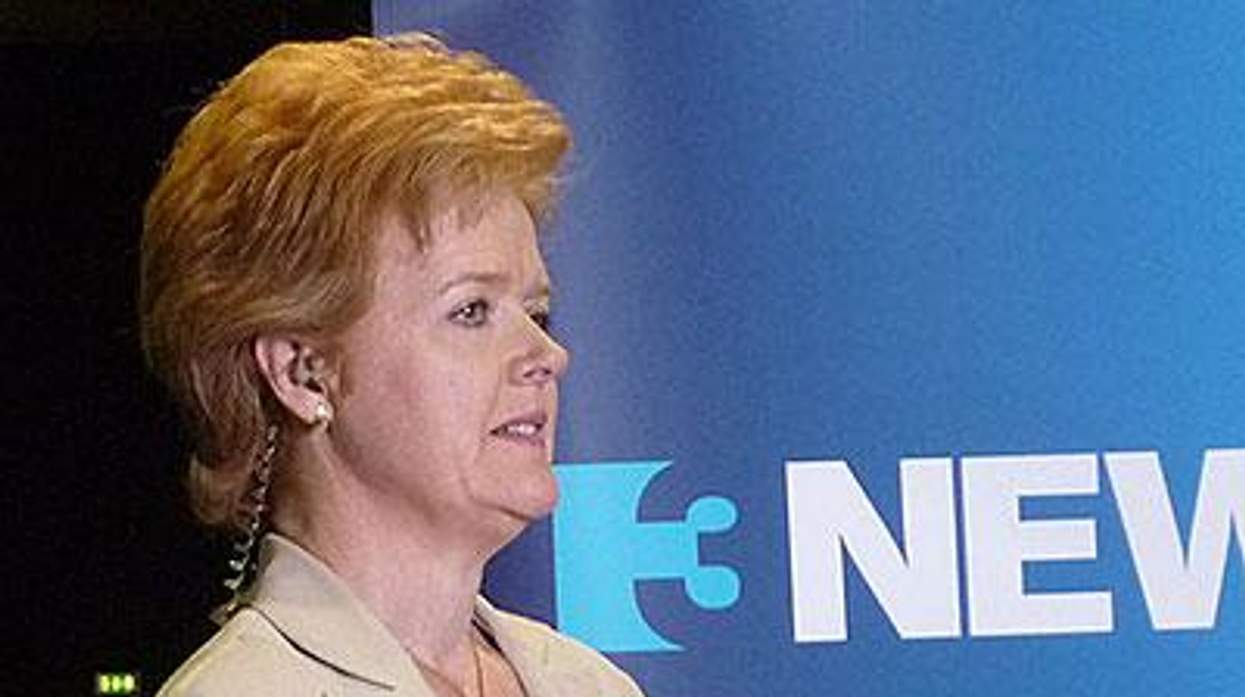
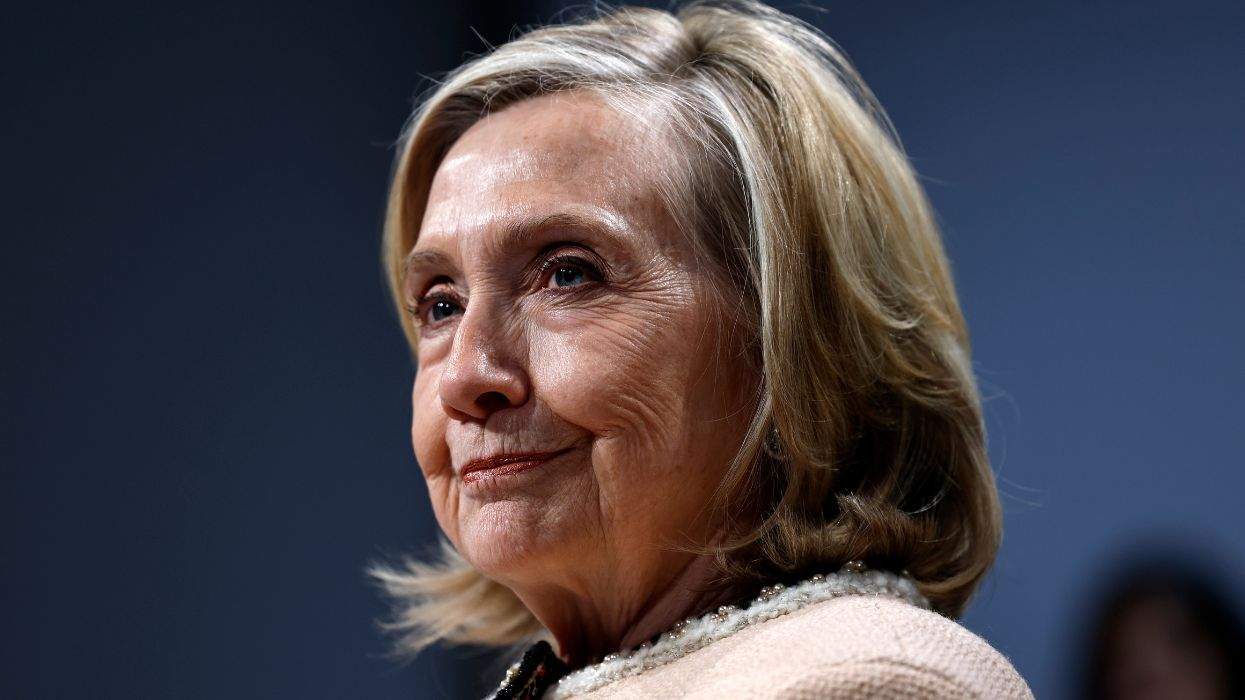



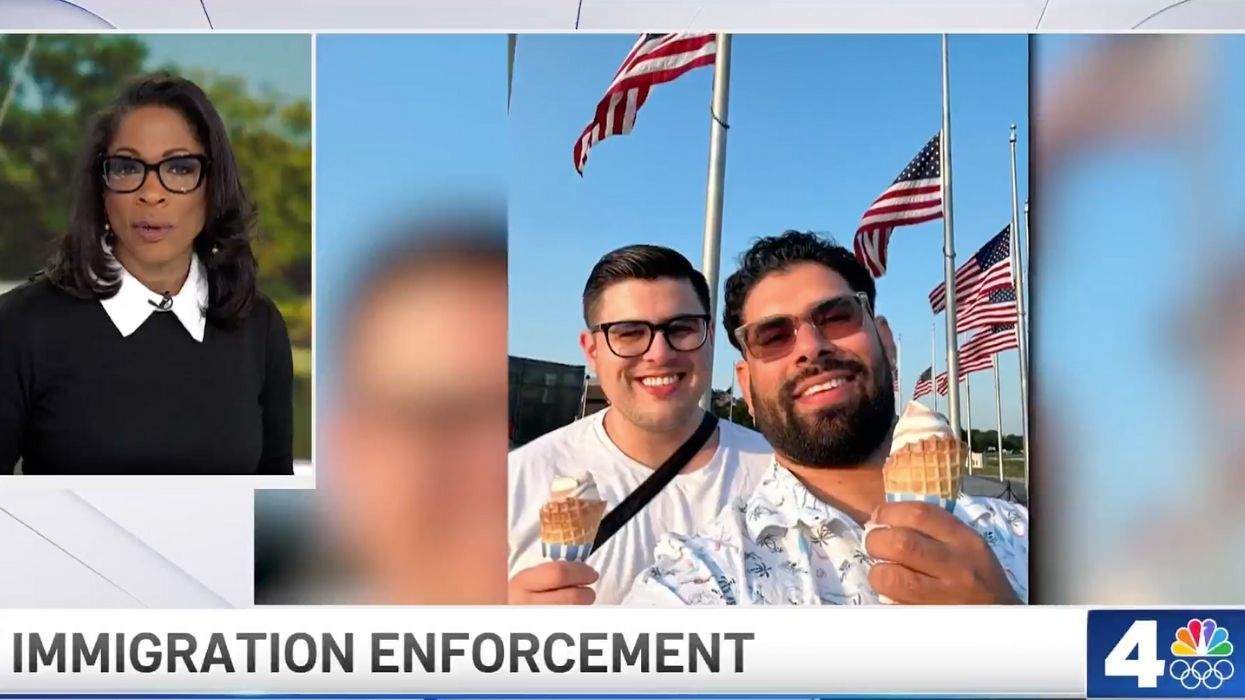
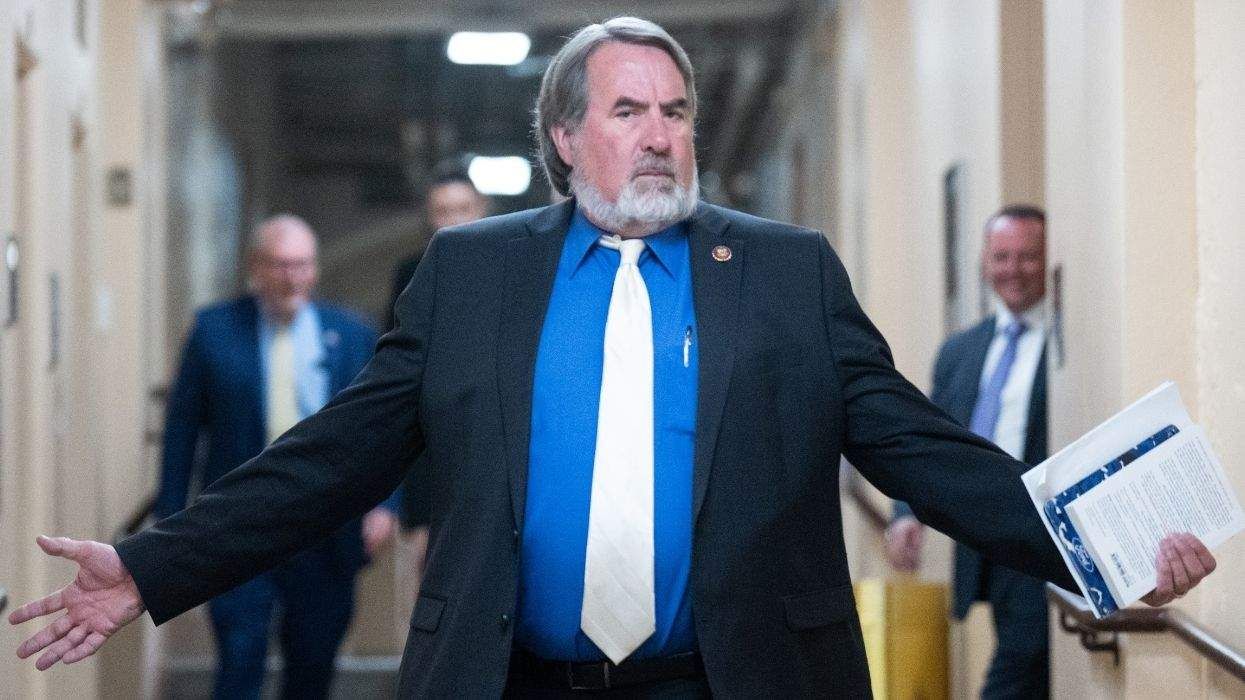

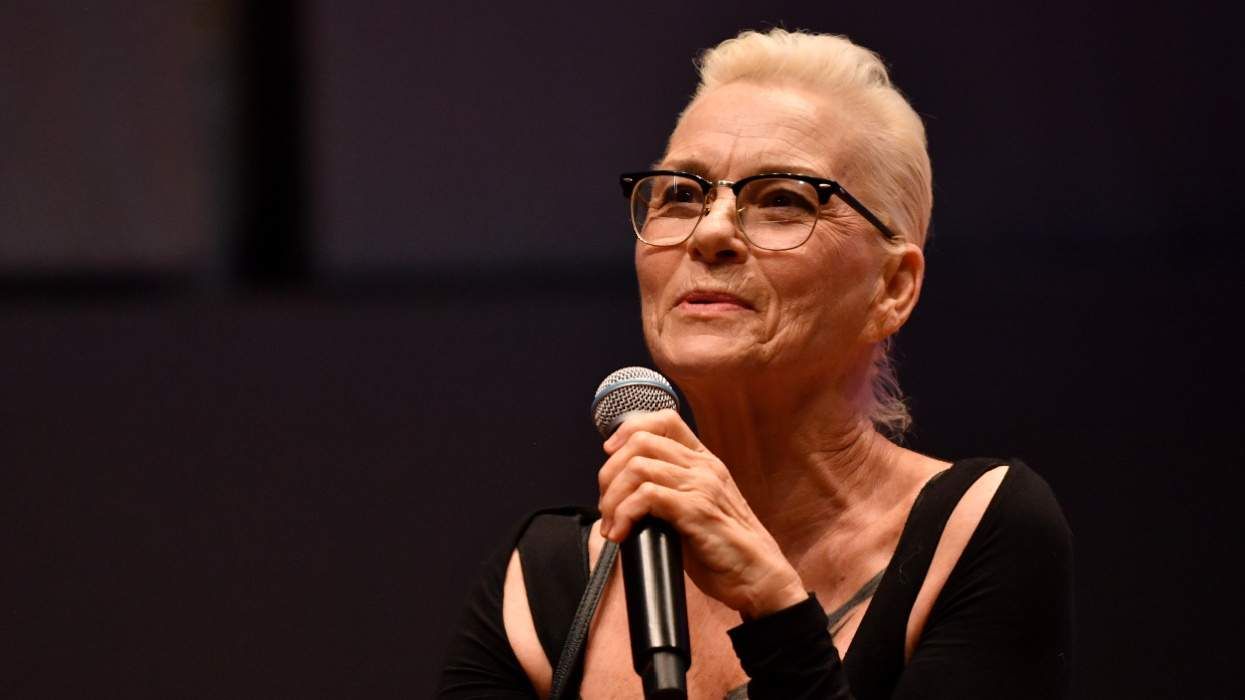
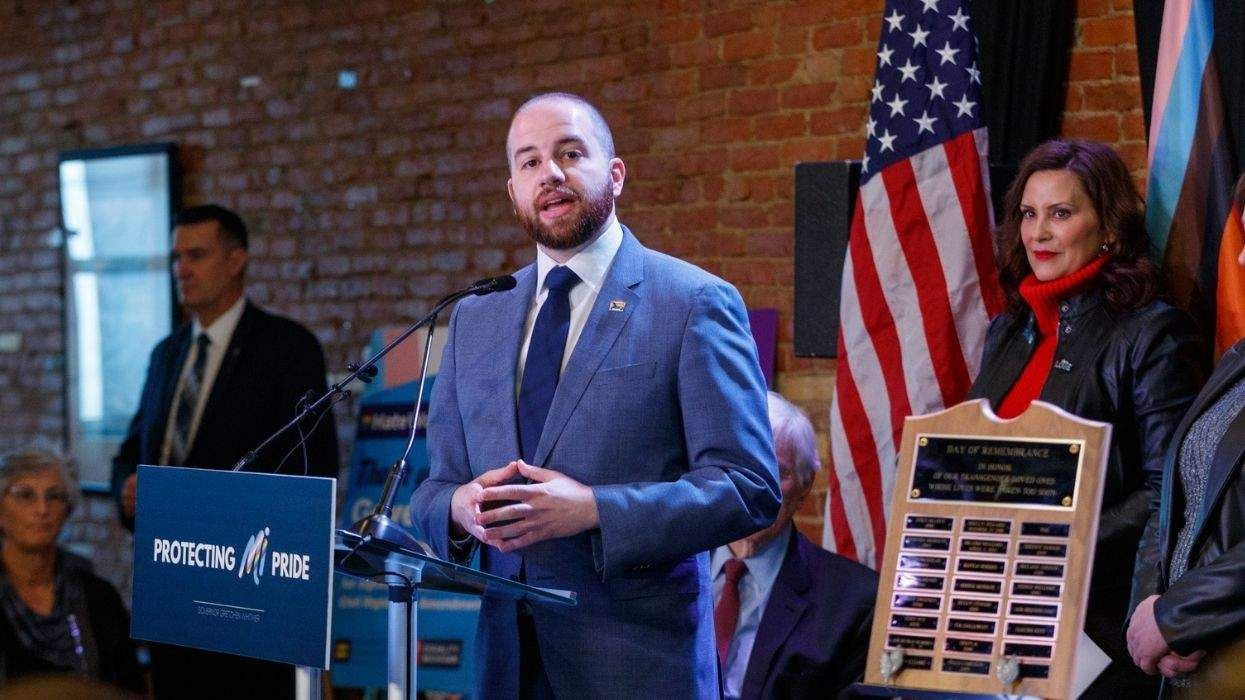





Charlie Kirk DID say stoning gay people was the 'perfect law' — and these other heinous quotes
These are some of his worst comments about LGBTQ+ people made by Charlie Kirk.